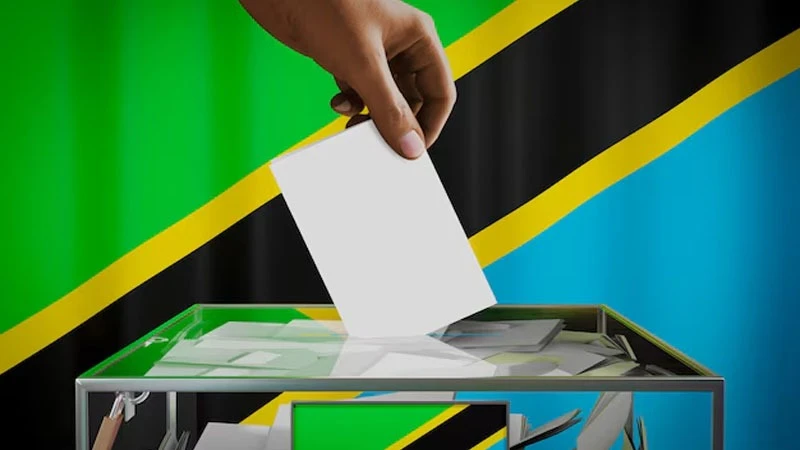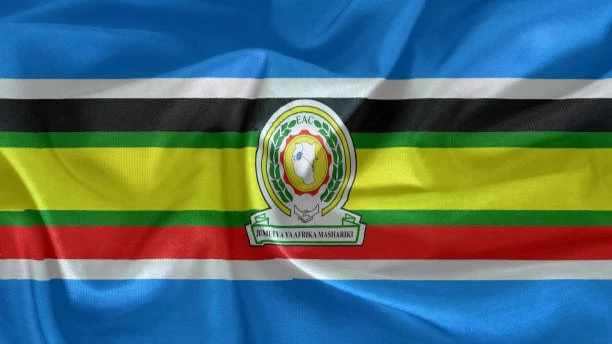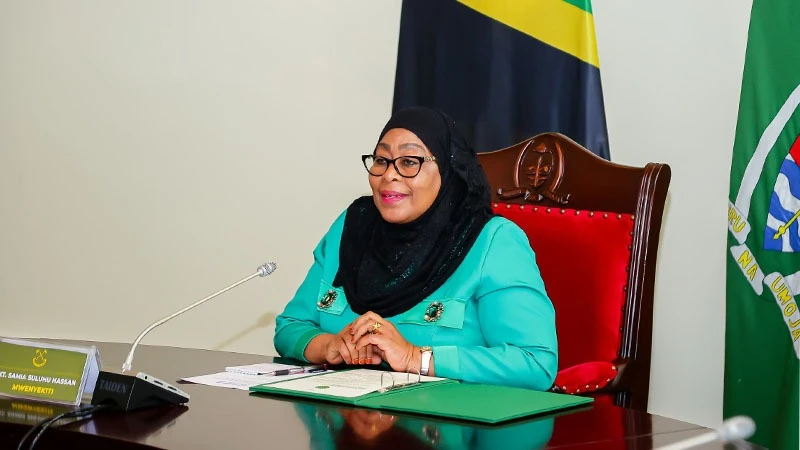TLS election agenda has doable and undoable issues tied in one platform

ASPIRANTS or more accurately candidates for the Tanganyika Law Society (TLS) presidential election are spelling out leadership objectives for attracting voter loyalties, and perhaps prepare the profession as a whole for some visible changes. When an outsider looks at that sort of quest what comes up is the proverbial ‘plank’ in one\s eye and the ‘splint’ in someone else’s eye. It is a matter of trying to see whether a candidate is trying to rectify the legal profession, the system of governance or TLS reflexes, to start with.
How these issues are entangled is partially visible in the matters raised by at least one candidate who was interviewed for this newspaper. The candidate is setting out a three item platform expecting to enable the law bar remain unified, robust and independent during the aspirant’s tenure. It was a matter of trying to figure out how realistic those goals are, and indeed if in those aspirations ‘the bar’ is raised high enough. There are some preliminary impressions and they aren’t all lined up in non-ubiquitous optimism.
It is unclear if keeping the law society unified is an election pledge, but what it takes to do so could readily be a pledge. Yes, for instance if it means reducing sharp tussles with the government which has seen some of its more ardent militants not for the law per se but for human rights – a certain impression of it - win most votes as candidates. The result was statutory changes by the Judiciary on regulating the law society, as it is finally is a window of the Judiciary just as advocates are ‘officers of the High Court’ by definition,
Better practices for all along with advocates’ welfare, came next, where there is a possible contention of focus, if it is uplifting practices first or welfare, mainly. Sorting out what each advocate is doing may interfere with liberty, while the law profession is a little open ended as to best practices, as the preferred method an advocate follows is what helps the client, and it may disappoint another party in an issue. The issue about welfare is also open ended, as there are no rules about earnings except usable contracts with the clients.
What may also prove elusive is the idea of setting up a TLS incubator for young lawyers. There are preliminary issues in whether a society can also be a law school. If it will not be offering any auxiliary qualifications, what will make it different from the sort of experience an apprentice gets on the job, with an added advantage that he or she knows precisely what viewpoint is relevant for his or her professional pursuit. What a private lawyer learns on the job is different from an apprentice magistrate or corporate lawyer.
The fact that the aspirant readily admits that the relationship between advocates and the Judiciary has not been well recently, with noticeable rages in broad daylight, means the task will not be easy. How far whoever wins can expect to cut out not just public rages nut also disciplinary actions and heavy penalties is not really a dispute in relation to their work as advocates. It is less an issue of resolving issues affecting both parties as it is a question simply of toning down the militancy otherwise known as human rights activism.
Top Headlines
© 2024 IPPMEDIA.COM. ALL RIGHTS RESERVED

















